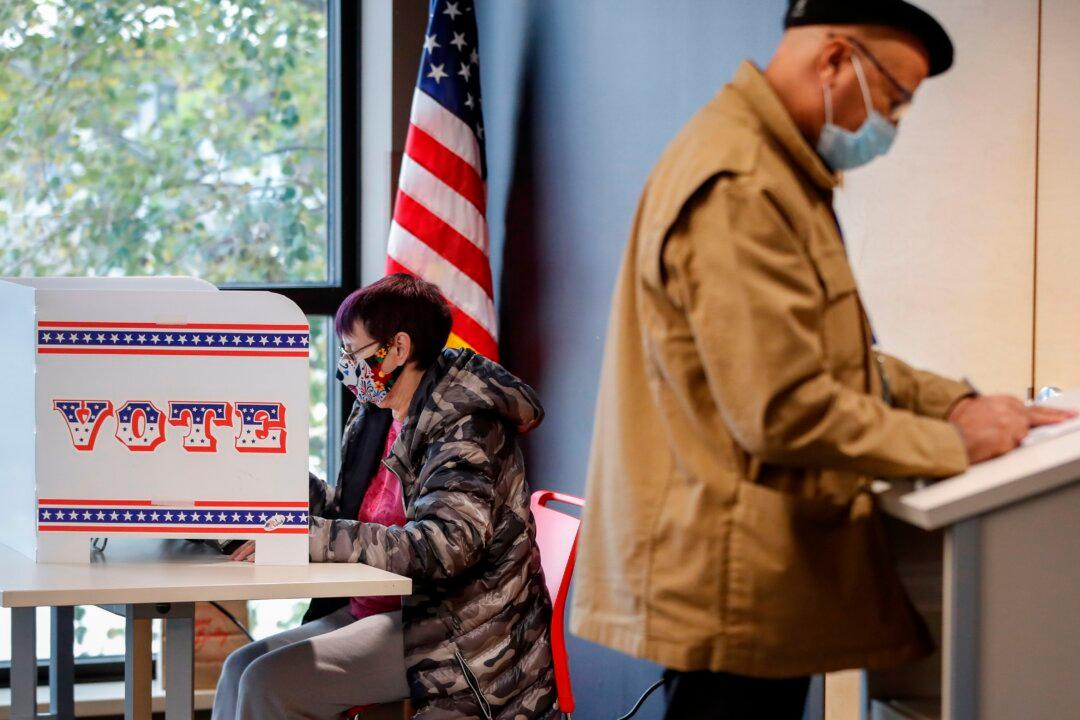The executive director of the Milwaukee Election Commission, Claire Woodall-Vogg, has released evidence purporting to show that Milwaukee County District Attorney John Chisholm is not prosecuting alleged voter registration crimes.
The evidence is a cardboard box filled with more than 350 referrals for possible same-day voter registration fraud in the 2020 presidential election. The box has been collecting dust in Ms. Woodall-Vogg’s office for three years because Mr. Chisholm never picked it up.





